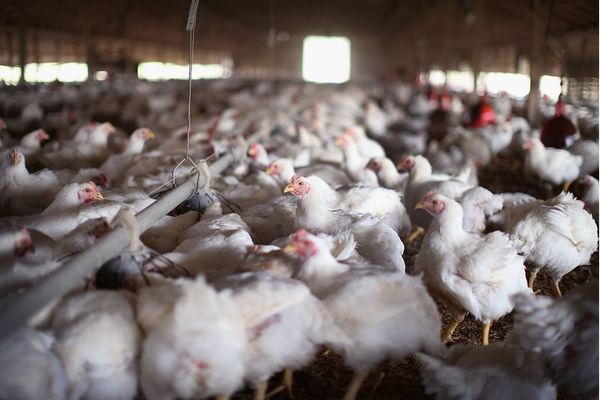Drivers are being urged to follow two simple steps when topping up petrol or diesel to help save cash.
Fuel costs are rocketing in the UK, with the average price of petrol at an eye-watering 187.01p per litre (up 56p from last year), and diesel sitting at 193.30p per litre, (up 60p from last year).
To help ease the pinch, experts have been advising drivers on how they can reduce the amount they're spending on petrol as much as possible. This includes topping up at places like ASDA, Tesco, Morrisons and Sainsbury's.
Read More: More than a thousand protesters drive 30mph down the A1 in North East over soaring fuel costs
It will come as no surprise to hear that these locations can be cheaper than branded petrol stations. But the myth that their petrol is of lower quality is a lie.
Motorists have been advised for years to buy their fuel from supermarket forecourts, with estimations showing drivers could save £74.10 every year by filling up at these locations instead of branded garages.
A spokesperson for car dealership Peter Vardy quashed the rumours surrounding the quality of the fuel from supermarket pumps and said: "It’s rumoured that supermarket fuel is of a ‘lower quality’ and not the same as you would buy from a branded garage, but that’s not the reality.
“Supermarkets sell such vast quantities that operating costs are spread over higher volumes, making it cheaper to buy from than a branded forecourt.” Drivers can also save hundreds of pounds a year when avoiding premium fuels, especially for standard cars.
Retailers sometimes claim that premium fuel offers performance and economy advantages and can even protect the engine, but unless you're driving a performance vehicle then you are unlikely to feel much difference. Currently, premium fuels are around 10p more expensive per litre. RAC Fuel Watch shows that the average UK price of super unleaded E5 petrol is now at 198.63p per litre.
This makes it more than 11p more expensive than standard unleaded petrol and 5p more expensive than diesel, and many supermarkets and branded garages will usually have a few different grades of premium fuel for both petrol and diesel. And the RAC has previously called on the main UK supermarkets - Asda, Tesco, Sainsburys and Morrisons - to pass on cost savings to drivers when they can be made.
To improve efficiency, drivers are also advised to use the right specification of engine oil, with more modern engines built with finer tolerances and therefore require thinner oils - those with lower viscosity – that can also improve fuel economy by around 3%. This means over a 50-mile journey, drivers could save 26p in an average diesel car, according to the Express.
The average UK mileage was 7,090 miles every year, according to pre-pandemic data, so drivers could effectively save more than £35 just for making an easy, hassle-free switch.
Read Next:







